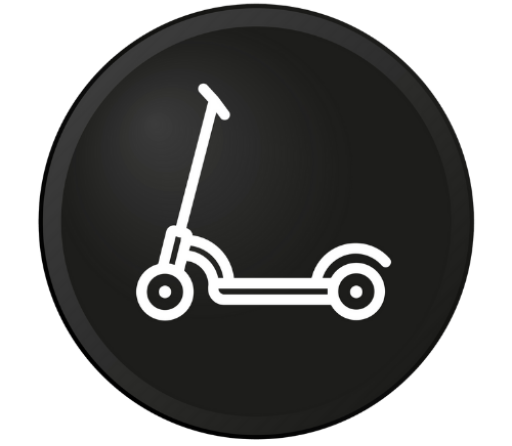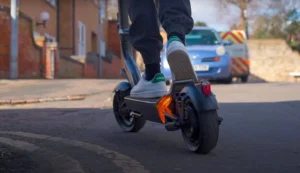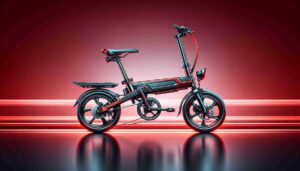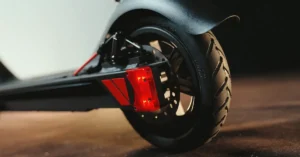Selecting the right bicycle can make a significant difference in your riding experience, whether you’re commuting, training, or enjoying leisure rides.
This article will compare folding bicycles and road bicycles, highlighting their unique features, benefits, and ideal use cases to help you make an informed decision.
1. Design and Structure
Folding Bicycles:
- Compact and Portable: Folding bicycles are designed to fold into a compact size, making them easy to carry, store, and transport. This feature is particularly useful for urban commuters and travelers.
- Variety of Folding Mechanisms: These bikes come with different folding mechanisms such as mid-fold, vertical fold, and triangle hinge, catering to various needs and preferences.
- Versatility: Folding bikes are built for versatility, suitable for commuting, leisure rides, and even some light touring.
Road Bicycles:
- Aerodynamic Design: Road bicycles feature a lightweight frame and narrow tires designed for speed and efficiency on paved roads. Their aerodynamic design helps reduce air resistance.
- Drop Handlebars: Equipped with drop handlebars that allow for multiple hand positions and a more aerodynamic riding posture.
- High-Performance Components: Typically feature high-performance components, including precise gearing systems and responsive brakes, optimized for speed and endurance.
2. Use Cases
Folding Bicycles:
- Urban Commuting: Ideal for city dwellers who need a convenient and portable mode of transportation. They can be easily taken on public transport and stored in small spaces.
- Travel: Perfect for travelers who want to explore new places by bike without the hassle of transporting a full-sized bicycle.
- Recreational Riding: Suitable for casual rides in parks, neighborhoods, and bike paths.
Road Bicycles:
- Long-Distance Riding: Designed for long-distance rides on paved roads, including commuting, touring, and road racing.
- Training and Fitness: Popular among cyclists for training and fitness due to their speed, efficiency, and performance-oriented design.
- Competitive Cycling: Essential for road racing and competitive cycling events.
3. Performance
Folding Bicycles:
- Speed and Comfort: Generally not built for high-speed performance but rather for convenience and versatility. Some models offer multi-speed options to handle varied terrain.
- Ride Quality: Smaller wheels and a compact frame can affect ride quality, but high-end models often incorporate features like suspension to enhance comfort.
Road Bicycles:
- Speed and Efficiency: Designed for speed and efficiency, with lightweight frames and smooth, narrow tires that reduce rolling resistance.
- Ride Quality: Provide a smooth and responsive ride, especially on paved roads. The geometry of the frame and quality of the components enhance overall performance.
- Handling and Control: Excellent handling and control, particularly at high speeds and on winding roads.
4. Maintenance and Durability
Folding Bicycles:
- Regular Maintenance: Require regular maintenance, particularly of the folding mechanisms to ensure smooth operation and longevity.
- Durability: Built to be durable, but the folding joints and hinges can be points of wear and potential failure if not properly maintained.
Road Bicycles:
- Performance Maintenance: Regular maintenance is essential to keep high-performance components in top condition. This includes cleaning and lubricating the drivetrain, adjusting gears and brakes, and checking tire pressure.
- Durability: Road bikes are durable but designed for use on paved surfaces. Rough terrain and improper use can lead to damage.
5. Cost
Folding Bicycles:
- Price Range: Prices vary widely based on brand, quality, and features. Entry-level models are affordable, while high-end models with advanced features can be quite expensive.
- Value for Money: Offer excellent value for those who need a versatile and portable bike for commuting and travel.
Road Bicycles:
- Price Range: Road bikes also vary widely in price, from budget-friendly options to high-end models used by professional cyclists.
- Investment in Performance: Higher-end road bikes come with advanced materials like carbon fiber frames and top-tier components, offering superior performance and durability.
Conclusion
Choosing between a folding bicycle and a road bicycle depends largely on your specific needs and riding goals. If you require a bike for commuting, travel, or storage in tight spaces, a folding bicycle provides unmatched convenience and versatility.
Conversely, if you seek a bike for long-distance rides, training, or competitive cycling, a road bicycle offers superior speed, efficiency, and performance.
Consider your primary use case, budget, and personal preferences to make the best decision for your cycling lifestyle.



